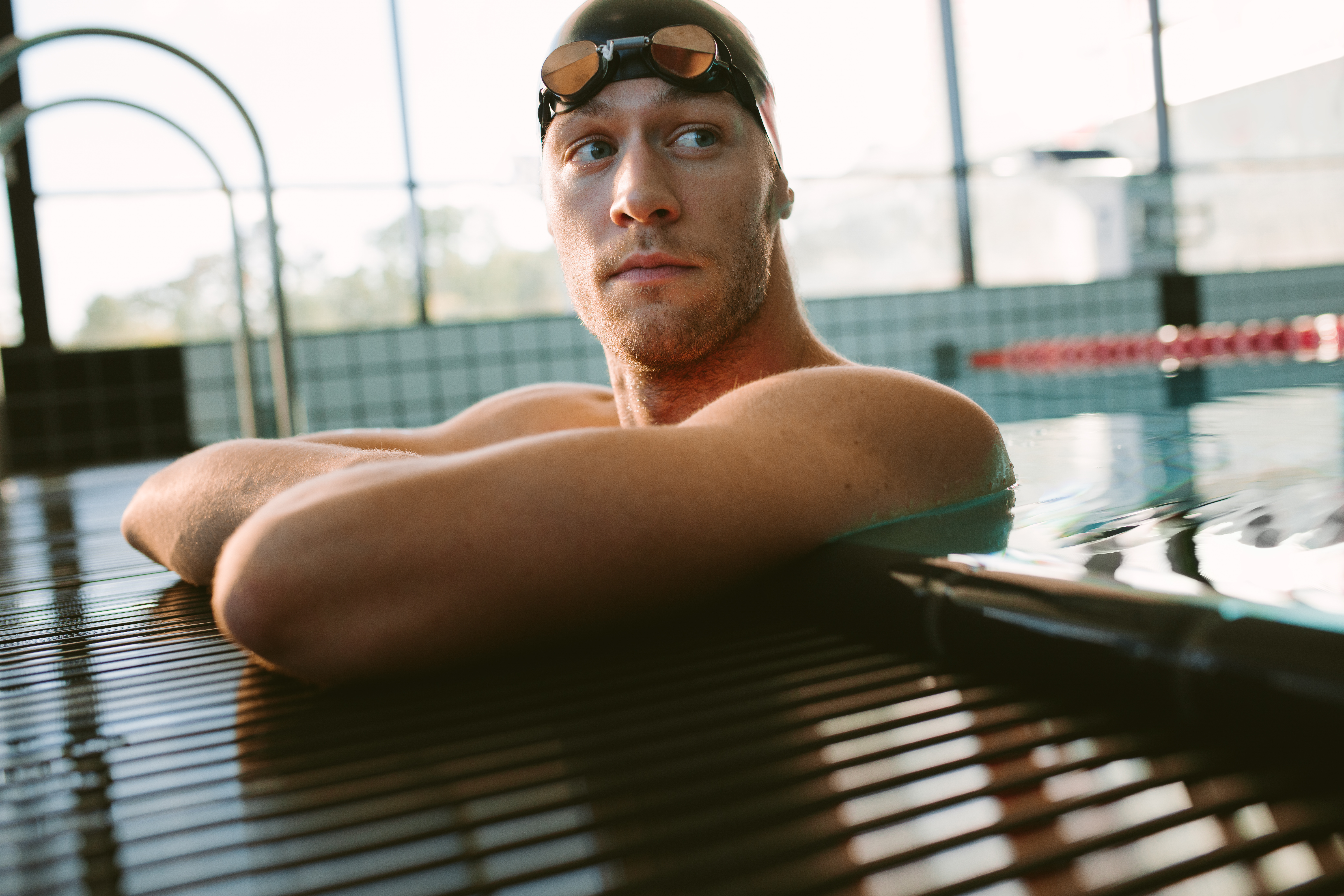
It is often said that the best time to do something is now, but in some cases, that may not always be true. Take swimming, for instance; not every time is a good time to swim. There are a variety of environmental or personal conditions that mean you should avoid swimming.
Here are 6 situations where you may be better off finding something else to do than hitting the pool.
1. When you’re sick
When you’re sick, you should avoid swimming because you can easily tire yourself out. It can also impede your immune system’s ability to heal from the sickness meaning your illness could worsen. Besides, swimming while you’re sick puts other people in the water at risk of infection. The pool might even need to be shut down for cleaning and sanitizing, so it’s best to avoid swimming while you’re under the weather.
2. When you’re injured
You may be an excellent swimmer when you’re in tip-top condition, but when you’re not, it’s easy to overdo it without realizing it. Because of the weightlessness you feel in the water, you can quickly forget you’re injured or convince yourself you can still train as normal, but this is not the case.
The only exception to this rule is if you’ve been told to rehab your injury in the pool by a licensed medical professional. But if you don’t have a doctor’s note, it’s best to let your body heal and avoid swimming until you’re fully recovered.
3. When the weather is bad
If you’re swimming outdoors, you must always factor in the weather before deciding whether it’s safe to swim. Swimming when the water is excessively cold can result in you catching a chill or, worse, hyperthermia. Excessive wind can make the water dangerously choppy and unpredictable, and swimming when there’s the possibility of lightning (or during an active storm) can be even more perilous.
You don’t need to wait for 30 degrees and sunny, but if unfavorable weather conditions are predicted, it’s best to avoid swimming outside.
4. When you’re alone
No matter how good a swimmer you are, accidents can happen. If one ever happens to you–a cramp, a slip or fall, swallowing or inhaling water–you want to make sure there’s at least one other person around you to notice and take potentially life-saving action.
For that reason, avoid swimming alone or in unsupervised water. You may also want to avoid swimming when the attendant or lifeguard on duty seems distracted; that’s essentially as good as swimming alone.
5. When water conditions are poor
Poor water conditions can cause a host of risks, from illness to injury. There are many things that can constitute poor water conditions, including:
- Rough water or a rip current
- Cloudy or polluted water
- Algae
- improperly maintained chlorine/salt levels
If you’re swimming in open water, avoid swimming in unfamiliar water, stagnant water, or when the water is rough. For domestic or public pools, if it looks or smells off avoid swimming until you’ve checked the water is safe.
6. When the water is too crowded
When the water is crowded, you’re more at risk of injury (to yourself or others). It’s also harder for the lifeguard to monitor swimmers. It’s best to avoid swimming in crowded waters for your own safety, but it’s also not as fun.
If the pool is packed, you can’t complete your strokes properly and may find yourself constantly stuck behind the swimmer in front of you.
Conclusion
Whether in a pool, lake, or the ocean, swimming can be a fun activity, but it can also be a serious and potentially dangerous one. Knowing when to avoid swimming ensures you have a safe and fun experience every time.
If you find yourself having to sit out your next swim session, consider watching a movie instead. “The Perfect Storm” (on DIRECTV STREAM) depicts a deep sea fishing crew who choose the wrong time to take an expedition — if that doesn’t reassure you that you made the right decision, nothing will!

